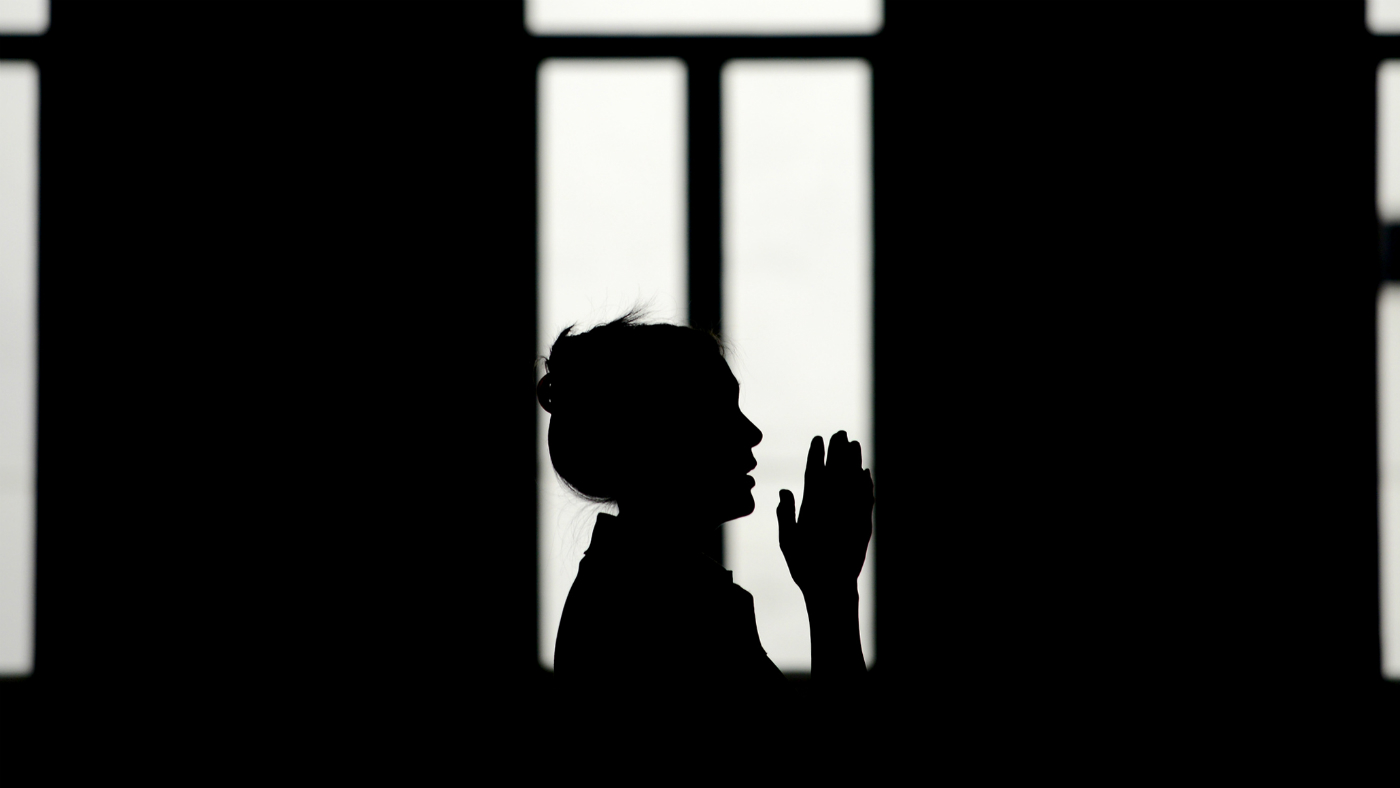School for ‘submissive women’ shut down in China
Women were taught not to fight back when beaten and to obey their fathers, husbands and sons

A free daily email with the biggest news stories of the day – and the best features from TheWeek.com
You are now subscribed
Your newsletter sign-up was successful
Chinese authorities have shut down a school teaching women to be submissive to men, after videos of its lectures went viral on social media.
The Fushun School of Traditional Culture in the north-eastern Liaoning province offered “women’s virtue” courses, where students were told to “talk less, do more housework and shut their mouths”.
Video footage of one of the classes showing women weeping, kneeling and apologising for “wrongful deeds” sparked outrage on Chinese social media last week, the South China Morning Post reports.
The Week
Escape your echo chamber. Get the facts behind the news, plus analysis from multiple perspectives.

Sign up for The Week's Free Newsletters
From our morning news briefing to a weekly Good News Newsletter, get the best of The Week delivered directly to your inbox.
From our morning news briefing to a weekly Good News Newsletter, get the best of The Week delivered directly to your inbox.
“This is female slavery, not female morality,” wrote one user of the Twitter-like Weibo platform.
Women were chastised for wearing make-up or having career ambitions, according to local reports, and were told not fight back when beaten or disobey their fathers, husbands and sons.
A 47-year-old woman who attended the school said she was “treated even worse than a prisoner”.
She said the lecturers “instil the idea that men are superior to women and our teachers keep repeating that the most important task for a woman is to reproduce”.
A free daily email with the biggest news stories of the day – and the best features from TheWeek.com
After the footage emerged, the local education bureau in Fushun said the institute’s teachings “went against social morality and must be closed immediately”, the BBC reports.
According to a recent report by World Economic Forum, China ranks 100th out of 144 countries for gender equality.
The country’s constitution guarantees equal rights between men and women, and Chinese law prohibits gender discrimination, but these laws “are rarely enforced”, Human Rights Watch said last month.
-
 What are the best investments for beginners?
What are the best investments for beginners?The Explainer Stocks and ETFs and bonds, oh my
-
 What to know before filing your own taxes for the first time
What to know before filing your own taxes for the first timethe explainer Tackle this financial milestone with confidence
-
 The biggest box office flops of the 21st century
The biggest box office flops of the 21st centuryin depth Unnecessary remakes and turgid, expensive CGI-fests highlight this list of these most notorious box-office losers
-
 Epstein files topple law CEO, roil UK government
Epstein files topple law CEO, roil UK governmentSpeed Read Peter Mandelson, Britain’s former ambassador to the US, is caught up in the scandal
-
 Iran and US prepare to meet after skirmishes
Iran and US prepare to meet after skirmishesSpeed Read The incident comes amid heightened tensions in the Middle East
-
 Israel retrieves final hostage’s body from Gaza
Israel retrieves final hostage’s body from GazaSpeed Read The 24-year-old police officer was killed during the initial Hamas attack
-
 China’s Xi targets top general in growing purge
China’s Xi targets top general in growing purgeSpeed Read Zhang Youxia is being investigated over ‘grave violations’ of the law
-
 Panama and Canada are negotiating over a crucial copper mine
Panama and Canada are negotiating over a crucial copper mineIn the Spotlight Panama is set to make a final decision on the mine this summer
-
 Why Greenland’s natural resources are nearly impossible to mine
Why Greenland’s natural resources are nearly impossible to mineThe Explainer The country’s natural landscape makes the task extremely difficult
-
 Iran cuts internet as protests escalate
Iran cuts internet as protests escalateSpeed Reada Government buildings across the country have been set on fire
-
 US nabs ‘shadow’ tanker claimed by Russia
US nabs ‘shadow’ tanker claimed by RussiaSpeed Read The ship was one of two vessels seized by the US military